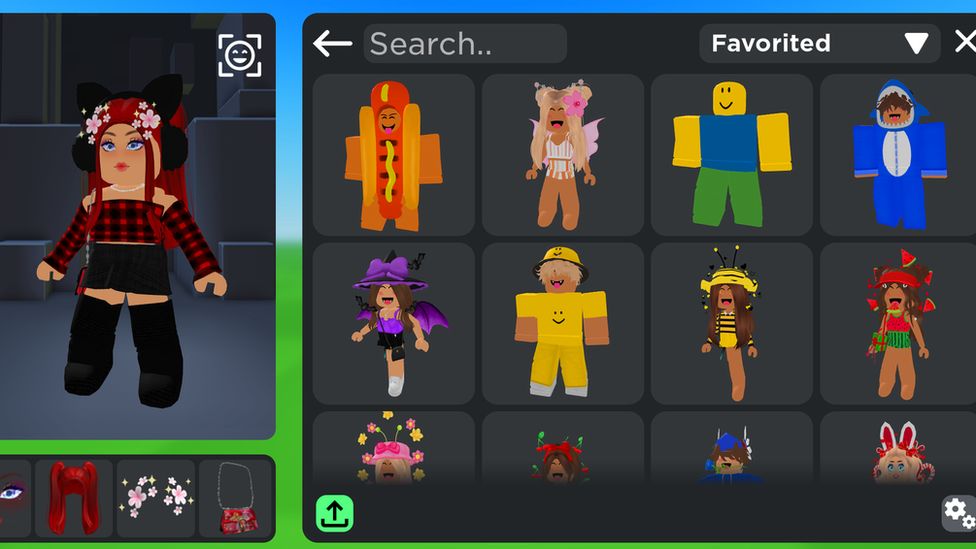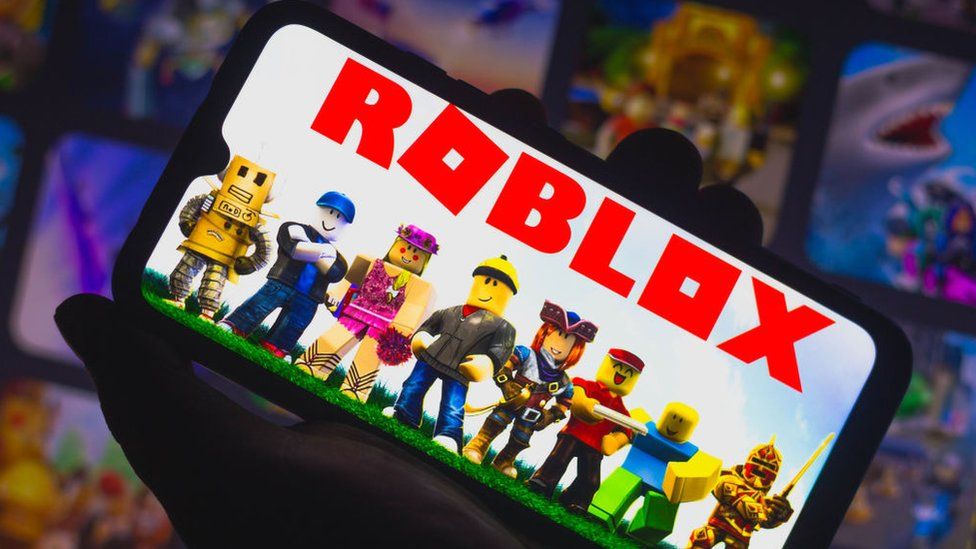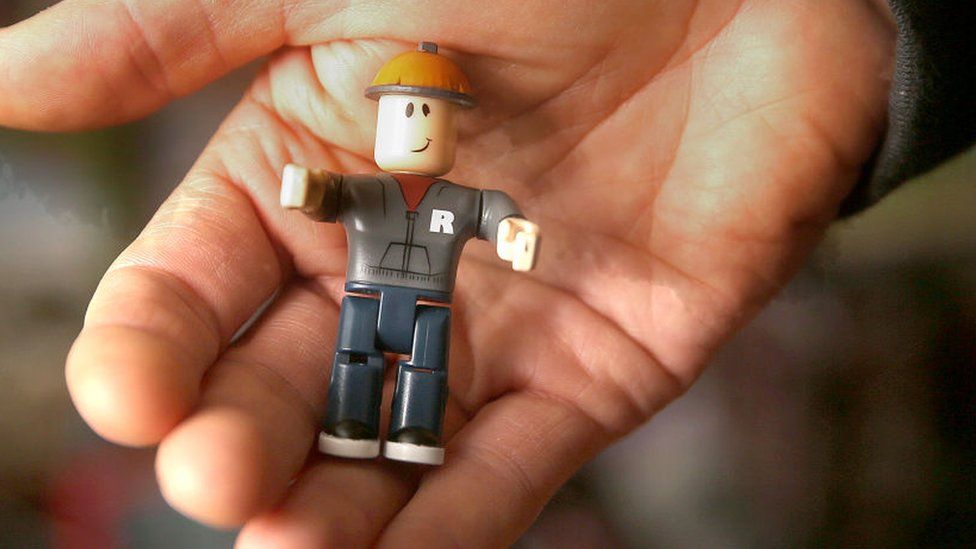Roblox: How a student beat Gucci and Karlie Kloss to app award – BBC

|
Getting your Trinity Audio player ready...
|
SOURCE: Andrew Rogers | BBC
Head down to your local high street, and you might trawl a few shops in search of a new outfit.
In popular online game Roblox, you can do the same thing for your avatar by heading to in-game shop the “Catalog Avatar Creator experience”.
It’s been visited more than 1.6 billion times, making it one of the most popular online stores on Roblox.
But it wasn’t created by a big global tech company – instead, it was built by 19-year-old Birmingham student Muneeb.
“A lot of people don’t expect it because they don’t think a young university student can be a popular game developer at the same time,” Muneeb tells BBC Newsbeat.
Starting out as something he created in 2021 for a bit of fun, his app (known as an “experience” within Roblox) has quickly become a one-stop shop.
It essentially acts as a big digital department store for virtual fashion, where items can be bought with real-world money.
Dressing up your avatar is a big part of the Roblox platform, and some of the biggest brands in the world have cottoned on to the potentially lucrative partnerships this can spawn.
Though Roblox is free to play, in-game purchases such as clothes and accessories are a source of revenue for its makers, and with daily player counts estimated at more than 70 million, likely a big one.
Given the young audience Roblox attracts, this is also a source of criticism, particularly when stories about children racking up huge online spends hit the headlines.
Roblox says it’s putting more guardrails and age checks in place to stop that from happening, while still promoting online shops.
Charging for in-game items can benefit creators like Muneeb, who can take a cut if their apps are successful.

Better than Gucci
And his app has definitely been a success.
This month, at the Roblox Innovation Awards, Muneeb’s experience won in the Fashion category, beating off competition from huge global brands including Gucci and Karlie Kloss, something he calls “surreal”.
“I did not expect to win that award by myself, but I’m so glad that people from the community have really enjoyed my creation,” he says.
“You can go around and try on different items from different shops, and you can mix and match any of these items to create your dream look.”
Muneeb says his success has been a surprise, as his creation started life as a “side project just for fun”.
“But after I got a few hundred players, I started adding more updates,” he says.
“It’s just grown alongside the platform ever since.”
The University of Birmingham computer science student reckons his virtual wardrobe has now expanded to included more than 10 million outfits.

Virtual fashion, real money
Paying for virtual fashion might sound strange, but Roblox international communications director James Kay says some “don’t realise how much value people place in their online identity”.
He likens dressing a character, or avatar, to “opening your wardrobe in the real world and picking what you’re going to wear” for some players.
James says creators like Muneeb have been paid more than $2bn since 2018.
But some have complained in the past about being paid with in-game currency Robux, instead of cash, saying it encourages people to keep money on the platform.

As with many other big online social platforms, Roblox depends on creators to make apps, games and experiences that people want to use.
Concerns have been raised that Roblox’s reliance on the “creativity and labour” of children may result in exploitation.
“Our philosophy is about enabling our community to be creators,” says James.
“I think they do a much better job that we would ever do because they’ll think of things we haven’t even thought of.”
He adds: “I think it’s amazing that a university student from Birmingham, on his own, can build something that’s had 1.6bn visits and we’re really proud we’ve got this community that can do that.”
Big brands are now contacting Muneeb asking for collaborations, raising his hopes that he can turn his online fashion experience into a full-time career after his studies.
“That’s a whole new opportunity I’m excited about,” says Muneeb.
What would be the dream brand to work with?
“Probably Nike, because I’m a huge fan. That’d be amazing,” he says.
This article was originally published on BBC. You can view the original article here.

